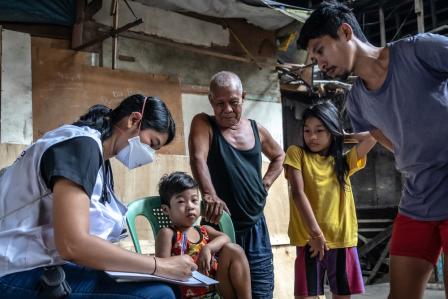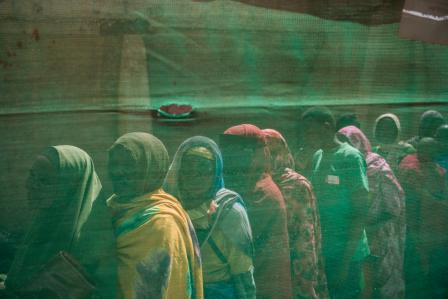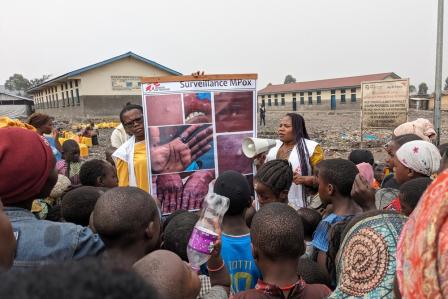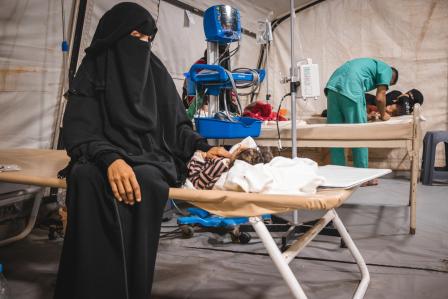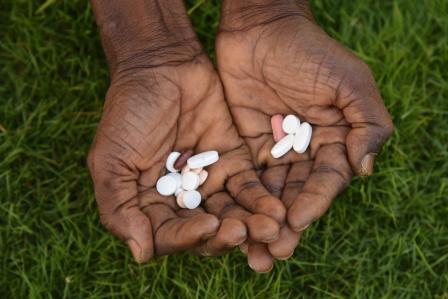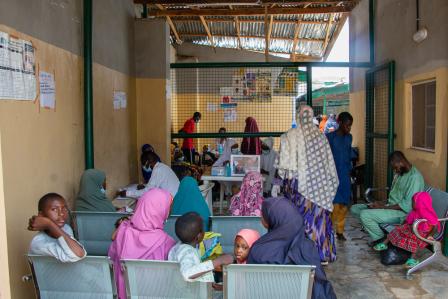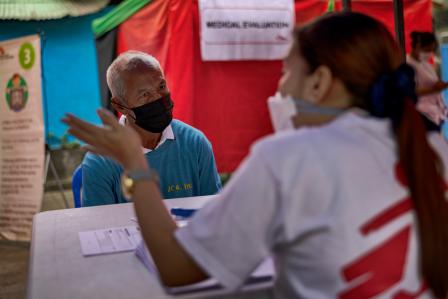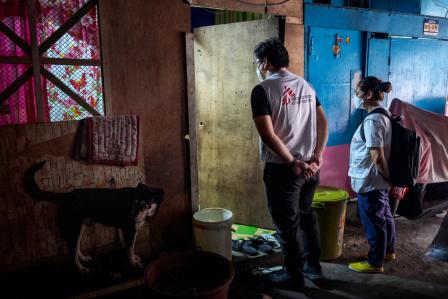Press Release: Make affordable hepatitis drugs and diagnostics accessible to millions
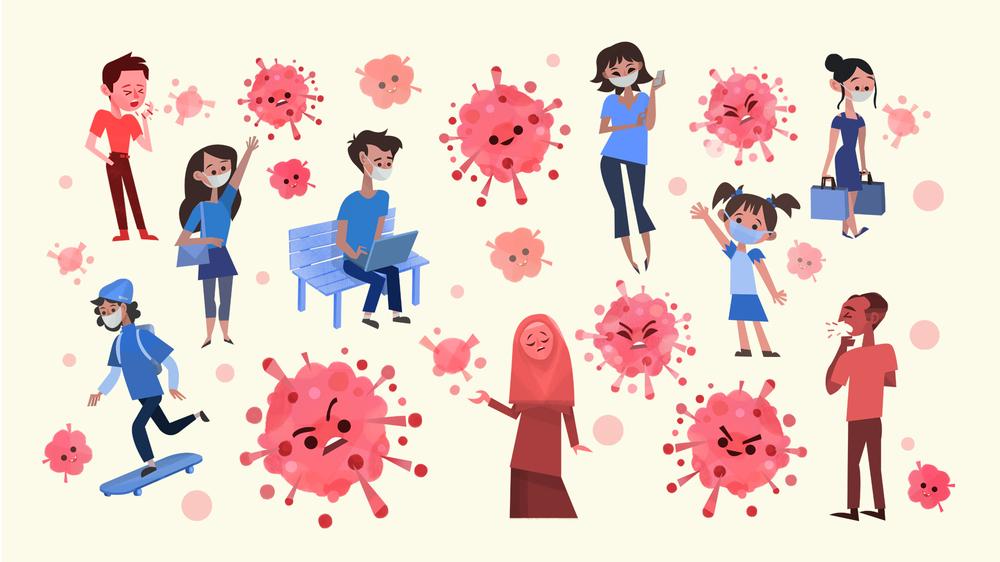
The Infectious But Not Invincible campaign of SEEAP project zoomed in on hepatitis C, measles and tuberculosis. For each disease, we look at what it is, how it spreads and how it is treated, how MSF works on treating and eradicating the disease, and patient stories and advocacy. © MSF
"Millions of hepatitis C patients are suffering due to expensive drugs and diagnostics. It's time for us to ensure access to affordable drugs and testing," said Drugs for Neglected Diseases initiative (DNDi) South-East Asia Director of Regional Office Jean-Michel Piedagnel in a webinar organised by Doctors Without Borders/Médecins Sans Frontières (MSF).
Piedagnel said direct-acting antiviral medicines (DAAs) represent treatment breakthrough for people with HCV (hepatitis C virus), yet access to DAAs has been limited because pharma companies charge unaffordable prices, making it difficult for HCV patients from vulnerable populations to access them. He said patents are used to establish a monopoly, which increases the cost of treatment, and only by breaking the monopoly can the access to medicines be improved.
Singapore General Hospital Department of Gastroenterology and Hepatology senior consultant Dr Chow Wan Cheng noted that aside from ensuring access to affordable drugs and treatment, inexpensive diagnostics are also very much needed.
"HCV has no noticeable symptoms in its early stages, making it difficult to detect and treat. Many infected people live unaware that they are HCV carriers because several countries lack national screening mechanisms. As a result, it's a neglected disease because patients are neglected; by lack of access to treatment and diagnostics. The urgency to screen, and the accessibility of screening tests of high sensitivity, is as important as the accessibility of affordable therapeutic options, as we can only act on what we know," she said. Dr Chow added that there should also be more opportunistic screening for HCV.
Than Meak, the project coordinator for Doctors Without Borders’ Hepatitis C project in Cambodia, concurred with Dr Chow, saying that the complex process of diagnosis and monitoring involves multiple tests, and makes it an expensive and resource-intensive process. Tham shared that in Cambodia, Doctors Without Borders has set up an excellent model for diagnostic and treatment of HCV that sees patients cured within five visits.
He said that the COVID-19 pandemic has also indirectly affected access to HCV treatment, with many patients fearful of coming to the hospital for treatment and lack of mobility due to government lockdowns.
Piedagnel noted that creating a competitive market would go a long way towards ensuring affordable access to drugs and diagnostics. "We need innovation from the South, and South-South collaboration is the way to go. South countries need to come together and reach out to other countries to implement an effective public health strategy in eradicating HCV," he said. In June 2021, Malaysia approved the use of Ravida® (ravidasvir), which is indicated in combination with other medicinal products for treating HCV infection in adults. This drug has been developed through a South-South collaboration. Piedagnel said South countries could use this experience in Malaysia to implement an effective public health strategy to eliminate HCV, but ultimately, they need to take the lead and continue to be a catalyst to see the emergence of leaders in the global south. “Low and middle-income countries need to take the lead and not rely on help from high income countries."
_______
Worldwide an estimated 58 million people are infected by HCV, 72% of whom live in low- and middle-income countries (LMICs). HCV is a blood-borne virus that can lead to cirrhosis, liver failure and liver cancer, as well as a range of systemic health problems. The WHO estimates that nearly 300,000 people died from HCV in 2019, mostly from resulting complications. In addition, for every 100 people infected with HCV, about five to 25 will develop cirrhosis in the next 10 to 20 years.
Doctors Without Borders has been treating hepatitis C in several countries and has dedicated HCV projects in Iran, Myanmar, Ukraine, Pakistan, India and Cambodia. In 2019, Doctors Without Borders provided HCV treatment to some 10,000 people globally. Doctors Without Borders is currently pushing for DAAs that are safe and effective in treating HCV infection. However, estimates indicate that only 9.4 million people worldwide had been treated with HCV treatment regimens by 2019, leaving 48.6 million people waiting for access to safer, more tolerable and more effective direct-acting antivirals (DAAs) to treat their HCV infection.
